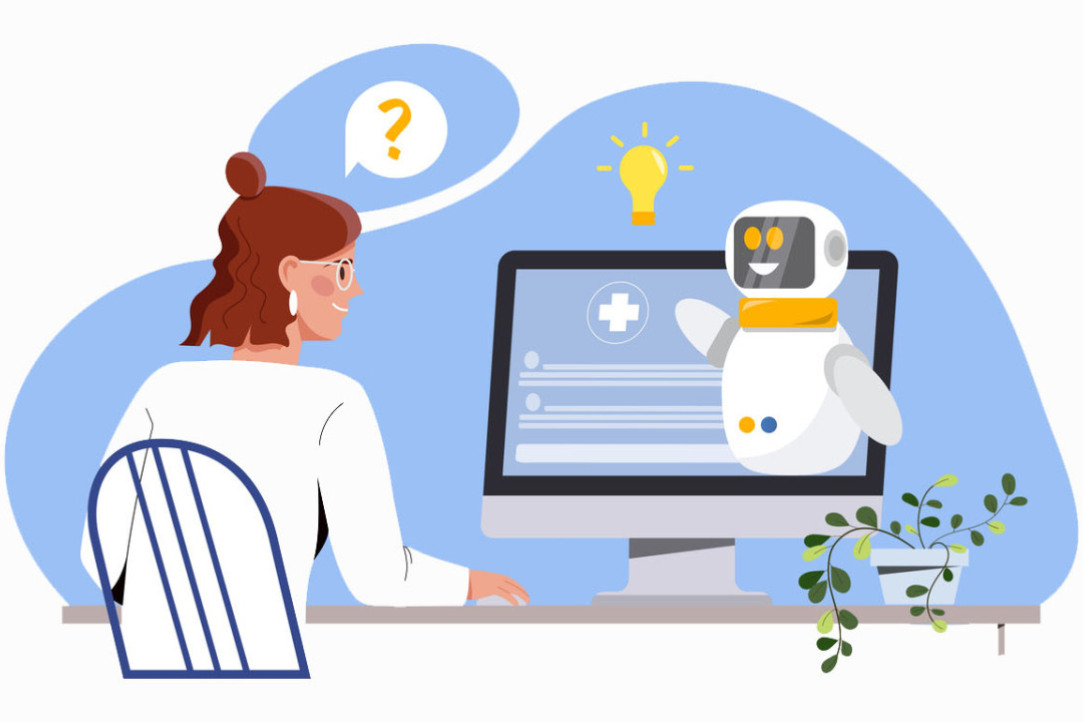
A New Tool Designed to Assess AI Ethics in Medicine Developed at HSE University
A team of researchers at the HSE AI Research Centre has created an index to evaluate the ethical standards of artificial intelligence (AI) systems used in medicine. This tool is designed to minimise potential risks and promote safer development and implementation of AI technologies in medical practice.
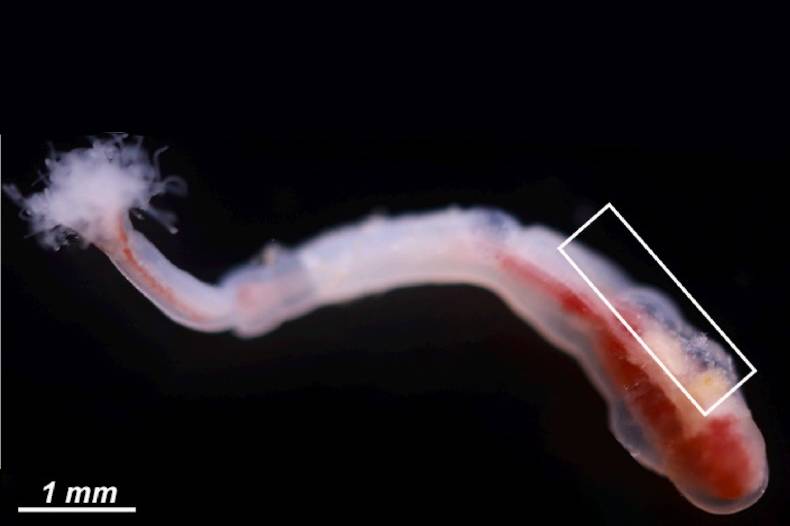
Russian Scientists Have Studied Marine Worm with Unique Spermatozoa
Russian scientists at Zhirmunsky National Scientific Centre of Marine Biology, HSE University, and Moscow State University have studied Phoronis embryolabi, a rare species of marine invertebrate found in the waters of the Sea of Japan. This species is notable for its unique reproductive system, which includes the development of larvae within the parent’s body and an unusual sperm structure. The study's findings contribute to our understanding of the evolutionary adaptations of marine organisms to extreme conditions. The study has been published in Zoologischer Anzeiger.
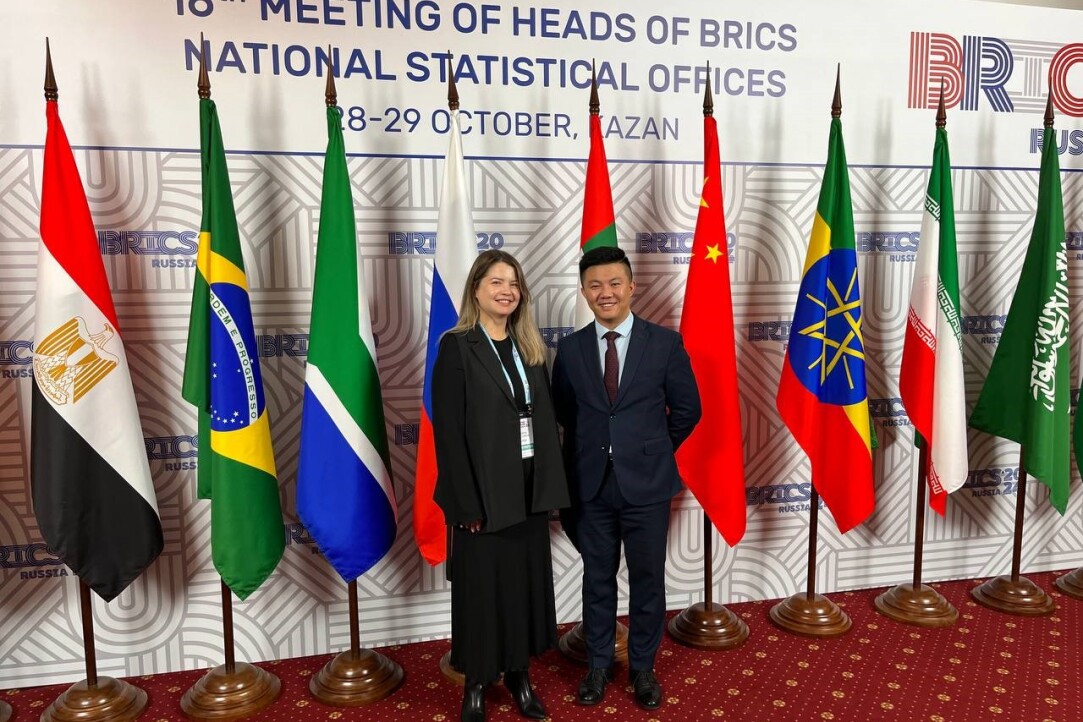
‘It Is Hard to Imagine High-Level Interpretation Being Entrusted to a Machine’
In 2024, Russia chairs BRICS, an international organisation comprising nine countries. Throughout the year, dozens of forums, working group meetings, and BRICS sessions took place across various Russian cities. As an interpreter, Ksenia Prosyukova, Associate Professor at the HSE School of Foreign Languages and Candidate of Science (PhD) in Pedagogy, participated in several BRICS events. In an interview, she discussed the personal responsibility of working at high-level events, the challenges and prospects of her profession, and how HSE University trains in-demand translators.
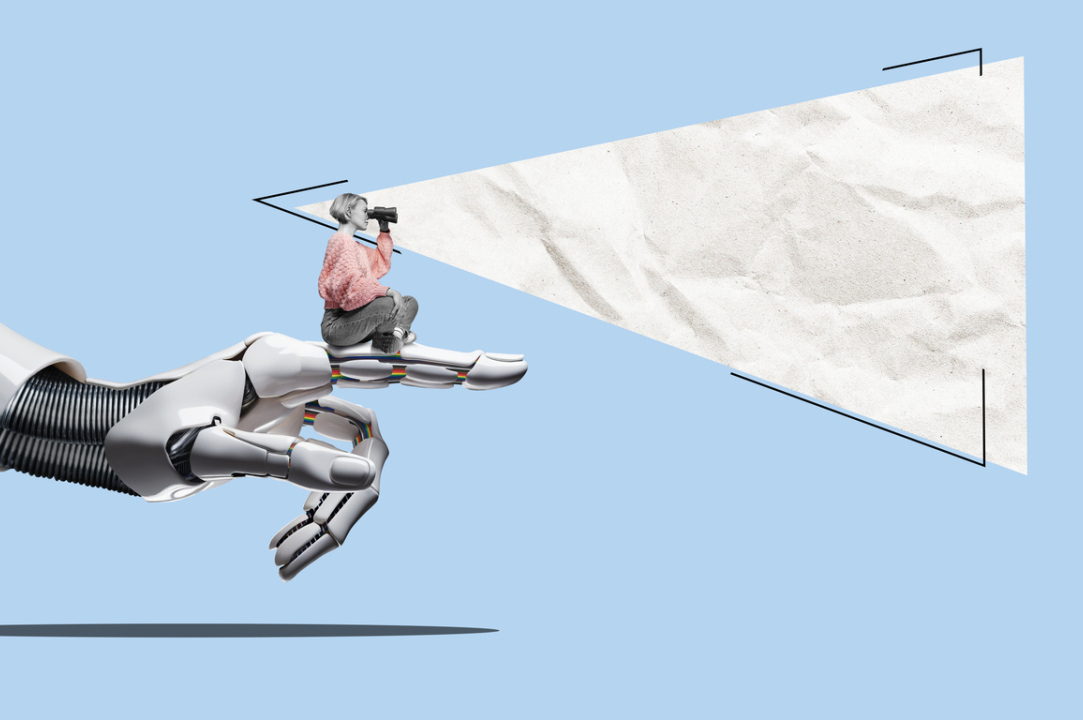
HSE Researchers Develop Novel Approach to Evaluating AI Applications in Education
Researchers at HSE University have proposed a novel approach to assessing AI's competency in educational settings. The approach is grounded in psychometric principles and has been empirically tested using the GPT-4 model. This marks the first step in evaluating the true readiness of generative models to serve as assistants for teachers or students. The results have been published in arXiv.
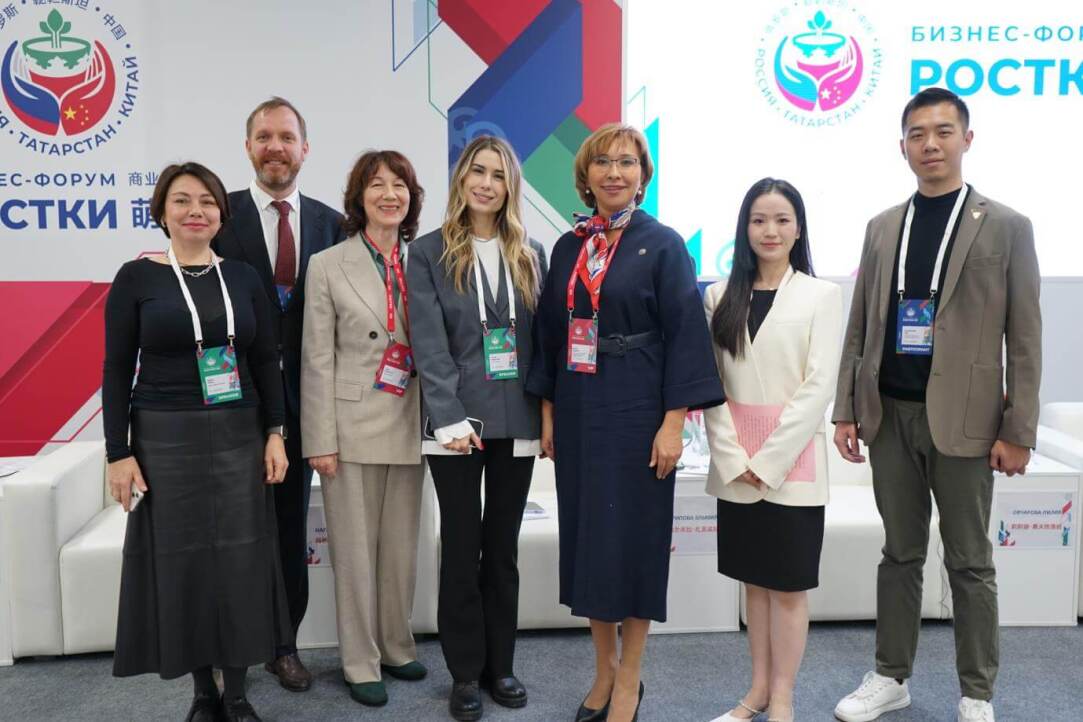
Russia and China: A New Cooperation Trajectory Developed at HSE University
A unique approach to measuring human well-being has been developed at HSE University, opening up new opportunities for international collaboration. Russia and China, both of which have significantly reduced poverty in recent years, demonstrate a unique potential for joint efforts in this area. At an international forum in Kazan titled ‘SPROUTS: Russia and China–Mutually Beneficial Cooperation,’ HSE University representatives, including Vice Rector and initiator of the Human Capital Multidisciplinary Research Centre Lilia Ovcharova, and Deputy Vice Rector Maria Nagernyak, emphasised the importance of integrating the efforts of the two countries.

Smoking Habit Affects Response to False Feedback
A team of scientists at HSE University, in collaboration with the Institute of Higher Nervous Activity and Neurophysiology of the Russian Academy of Sciences, studied how people respond to deception when under stress and cognitive load. The study revealed that smoking habits interfere with performance on cognitive tasks involving memory and attention and impairs a person’s ability to detect deception. The study findings have been published in Frontiers in Neuroscience.
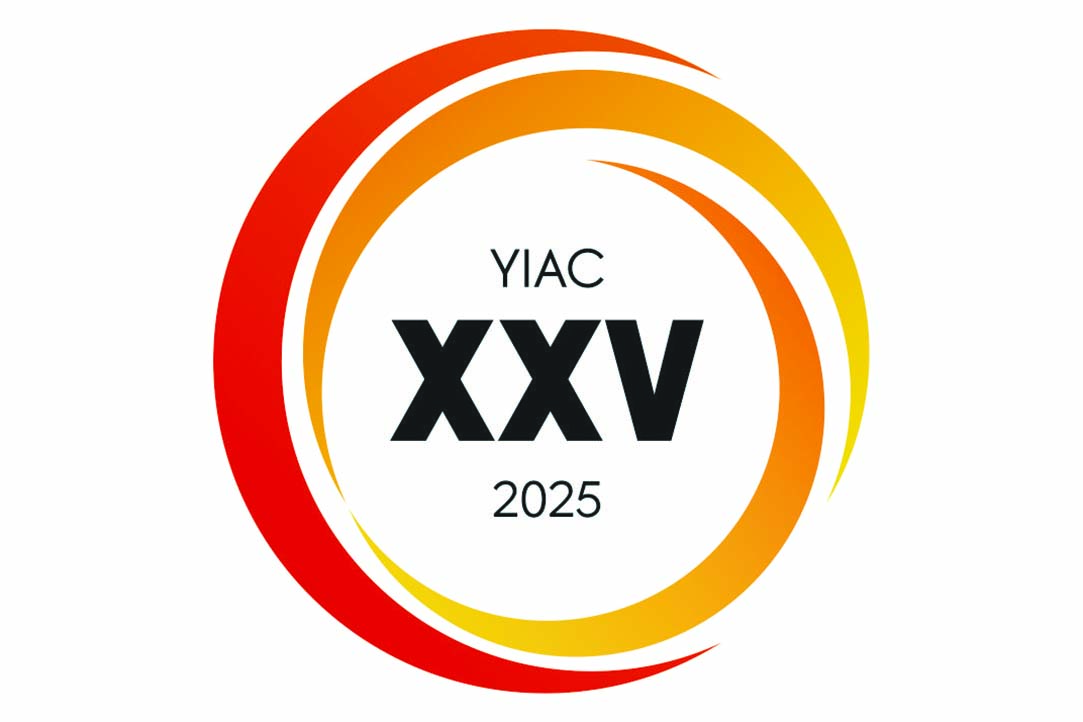
HSE University Announces Call for Proposals to Attend Anniversary Yasin Conference
HSE University invites submissions of proposals with academic reports for participation in the 25th Yasin (April) International Academic Conference (YIAC). The conference programme, centred on five research themes addressing issues of economic and social development, will retain its interdisciplinary focus and welcome participation from leading scientists in Russia and around the globe. The key events of the 25th Yasin Conference will be taking place in Moscow from April 15 to 18, 2025.
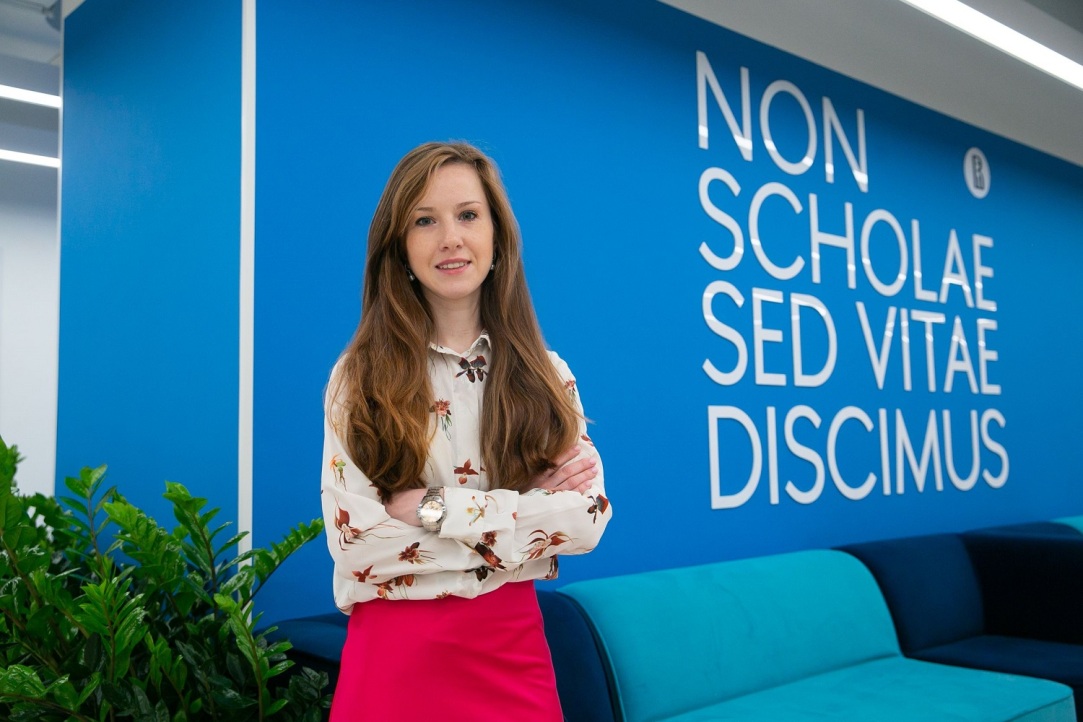
'Our Mathematics Is for Far-Reaching Minds'
Anna Presnova focuses on automatic control theory, a branch of science that addresses global problems. In this interview with the HSE Young Scientists project, she talks about her aspiration to achieve practical results, the energy she gains from teaching, and why she would be interested to meet with Alexandr Lyapunov, founder of stability theory.
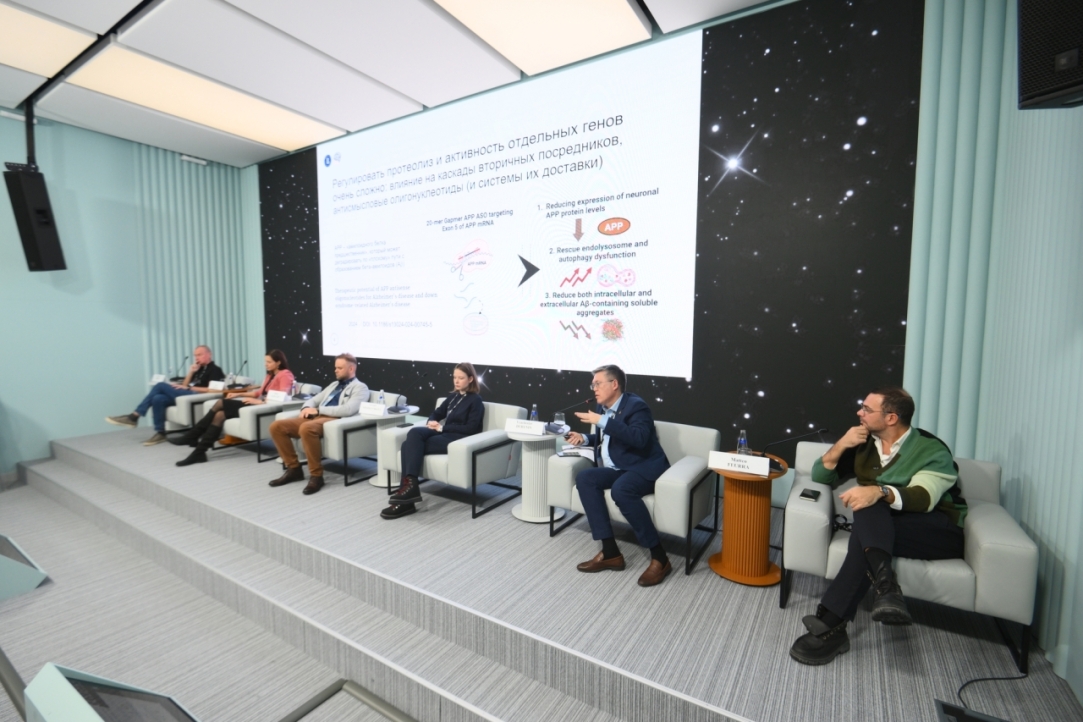
'Neurotechnologies Are Already Helping Individuals with Language Disorders'
On November 4-6, as part of Inventing the Future International Symposium hosted by the National Centre RUSSIA, the HSE Centre for Language and Brain facilitated a discussion titled 'Evolution of the Brain: How Does the World Change Us?' Researchers from the country's leading universities, along with health professionals and neuroscience popularisers, discussed specific aspects of human brain function.
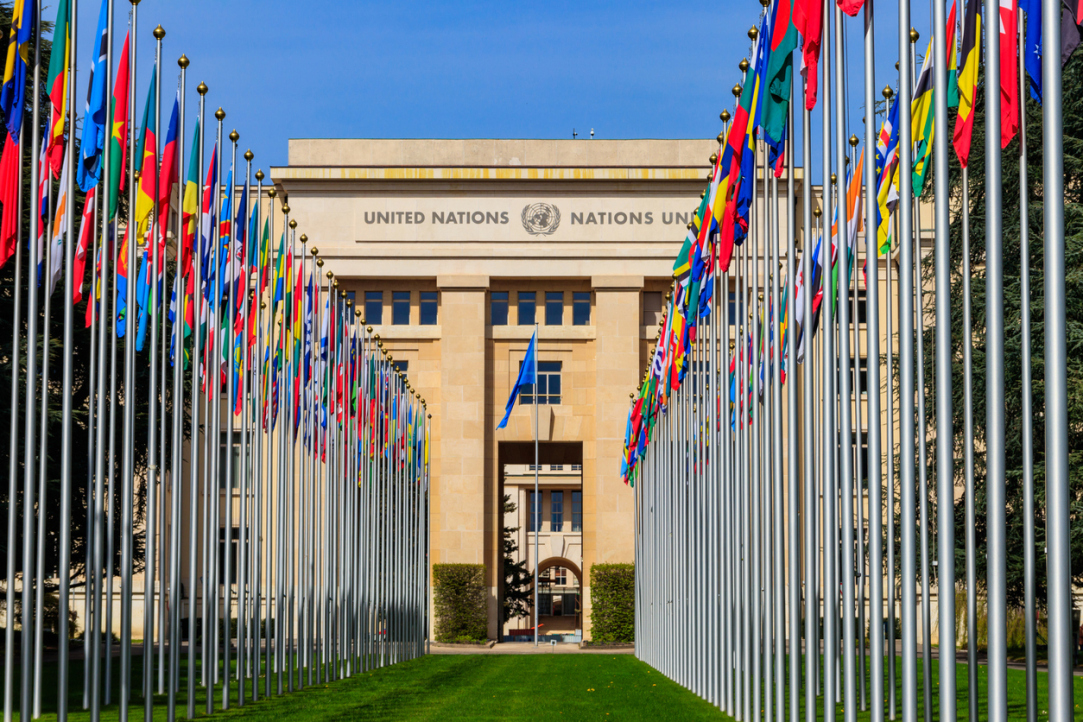
Director of the HSE International Research and Educational Foresight Centre Participates in UN Commission Meeting in Geneva
An intersessional meeting of the UN Commission on Science and Technology for Development took place on October 21–22, 2024, at the Palace of Nations in Geneva, Switzerland. ProfessorAlexander Sokolov presented new methods of scientific forecasting in his report titled ‘Science and Technology Foresight: Responding to New Agenda.’

